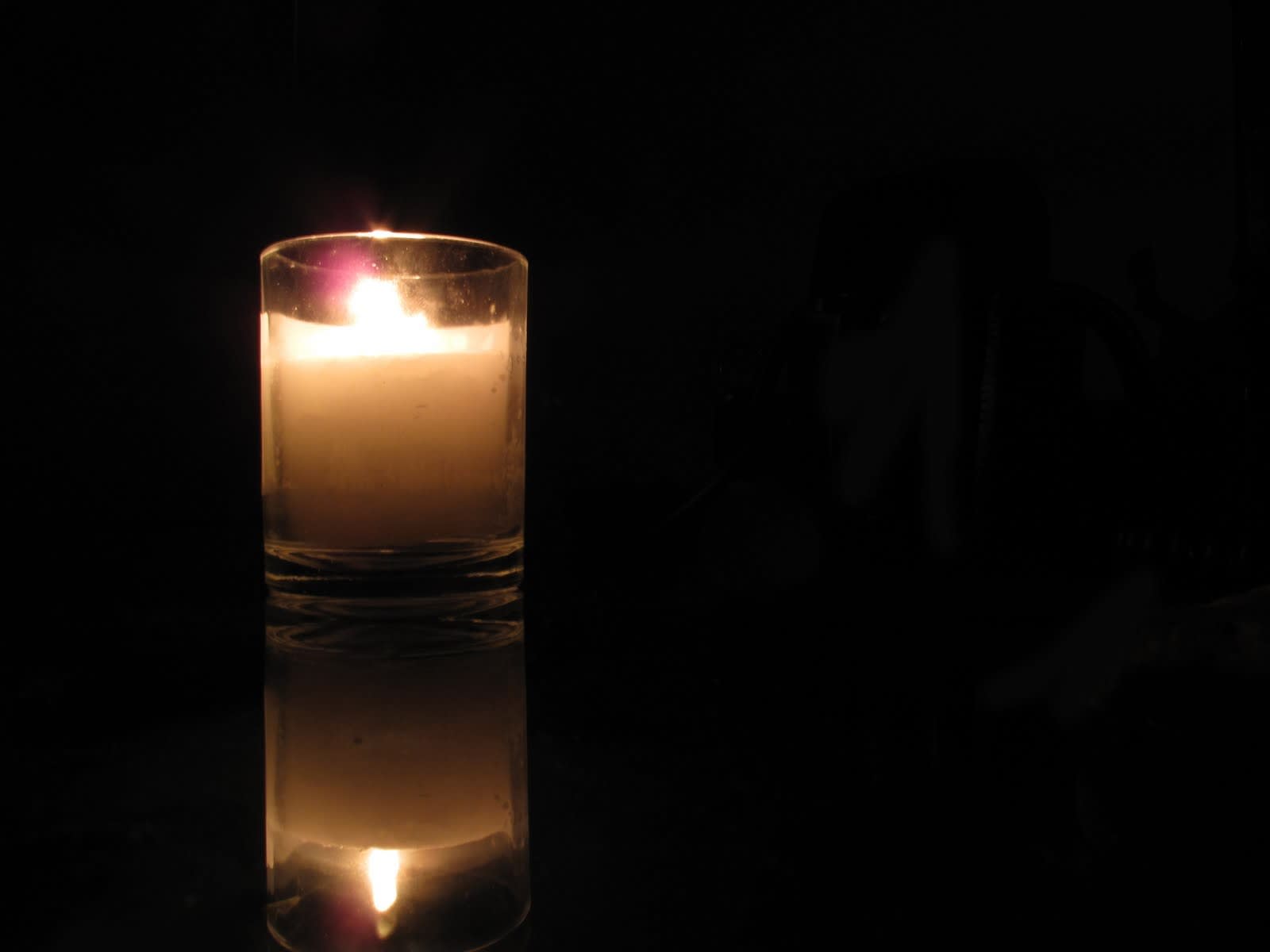My earliest childhood memory of the synagogue on Yom Kippur was being told to leave. “Go outside now and play,” my parents and grandparents instructed me. “Children aren’t allowed to be in here when we say yizkor.”
Yizkor, the world of memories, prayers for the deceased; it had all the attraction and appeal of something cloaked in secrecy and forbidden to a child. Over the years, the allure of staying inside for yizkor lost most of its fascination. In the middle of day-long Yom Kippur prayers, it’s a relief to have an excuse for going outside. The weather is glorious at this time of the year, the sunshine dazzles, and the children are joyful. Who wants to stay inside remembering the neshamot? And as time went by, it became a sign of great blessing, because nearly everyone else my age had lost a parent and no longer came outside to keep me company.
Among the Ashkenazim, there is some debate about when a person starts saying yizkor for a parent. For most, the prevailing custom is to wait until after the year of availut (mourning) is over. “You should not stay in for yizkor this year,” many people advised me shortly after my father’s passing, while several others concluded, “It is highly commendable if you stay in for yizkor this year.”
But I had a rabbinical acquaintance. Whenever he felt like offering his opinion, he began with these words: “As your spiritual advisor, I think…..”
“You are not my spiritual advisor.” I’d usually answer, but during that first year of mourning my attitudes began to change.
On Erev Yom Kippur, there was a barely audible knock on my front door. It was the rabbinical acquaintance. He’d come to return my father’s tefillin; I’d surrendered them during that last lengthy illness, to check the batim and replace the straps.
“What will you do with your father’s tefillin?” the rabbi asked.
“I’m still thinking about it,” I replied, “But as my spiritual advisor, I’d like to hear your opinions about whether or not I should stick around for yizkor this year.”
“Are you ready to own the world of memories?” he responded. “Would you like to hear a story?”
And although I never received an answer to my question, what he told me was a well-known tale about an auspicious European Rav:
It was Yom Kippur in one of the concentration camps, towards the end of World War II. The Rav was an inmate there. The prisoners were roused early in the morning with an announcement that everyone should leave the bunks, immediately, and gather outside for further instructions. Anyone found remaining in the bunks would be shot on sight.
All the inmates gathered in the camp yard where the commandant told them they would march to a distant place in the forest well beyond the camp grounds. The prisoners were barely skin and bones to begin with, so many of them didn’t survive. When they arrived at the predetermined place in the forest, they saw an extremely deep and wide ditch that had already been dug. The Nazi prison guards told them all to line up and take turns jumping across the ditch. “If you make it across the ditch, then you will live. And if not, you get what you deserve, and will be buried alive.”
The Rav was standing next to a man he had befriended in the camp, but this was not a religious man. The man turned to the Rav and said, “Why should we be the source of entertainment for these soldiers? It’s not possible for any of us to jump and make it across such a ditch. I say, we all simply sit down. And for our disobedience, let them shoot us, since we are all going to die anyway. At least, we will have the dignity and the pleasure of defying them.”
The Rav answered his friend, “This is not our way. As long as there is a hope for life, we must try our best. And whatever the outcome is, it is in the hands of G-d.” So saying, the Rav stepped up to the edge of the ditch and turned to his friend, “Come. Let us hold on to each other for courage. Grab onto my tattered sleeves and we will jump together.”
The two friends jumped and miraculously made it to the other side of the ditch and survived. The man turned to the Rav in utter amazement and declared, “There must be a G-d in the world for us to have made it. But when I closed my eyes and jumped, what gave me courage and strength was the knowledge that I was holding on to you, because you are a Rav. But you were only holding on to me, and I am not a religious fellow. So what gave you your faith and your determination?”
The Rav answered, “When I closed my eyes, I remembered my father. And I remembered his father, who was my grandfather. And then I remembered his father before him, all the way back to Avraham, Yitzchak and Yaakov. I held on to my memories. And this is what carried me across and allowed me to land safely on the other side.”
At the very last moment, I decided to stay inside for Yizkor, to remember all the neshamot of my family. Felt like joining an exclusive and private club. Felt like jumping across a wide and dangerous ditch. But after watching a parent suffer through a long term illness, maybe I’d already been jumping ditches for awhile. Time for me to grow some tattered sleeves. I own the world of memories now. Perhaps this is what will carry me across, and allow me to land safely on the other side.
The words of this author reflect his/her own opinions and do not necessarily represent the official position of the Orthodox Union.



